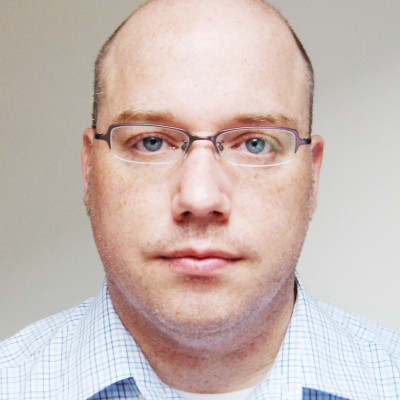Presentation
Liquid Modernity’s Impact on Technology Use for Self-Access Language Learning: A Contemporary Issue
In response to the Covid-19 pandemic, many self-access learning centres (SALCs) at Japanese universities shifted their programmes online. However, such a transition put more pressure on learners to be visibly and accountably more responsible for directing their own language learning experiences. This, in turn, appears to have inadvertently encouraged many of them to see the use of technology for such purposes as a distractive rather than innovative tool. Consequently, instead of applying their language skills via the technology provided, a post-Covid-19 trend has emerged where learners are making active use of machine translation to complete self-access tasks to simply finish them and/or gain credit. Such technological practices appear symptomatic of what Bauman (2000, 2012) describes as liquid modernity—when superficiality, information-avoidance behaviour and reduced decision quality supersede consideration of the most pragmatic and desirable skills and practices for learning. To this end, this presentation will first introduce Bauman’s concept in relation to learners’ use of technology for self-access language learning. Thereafter, quantitative observation data from a case-study will be disclosed on this troubling learner practice at one Japanese university’s SALC. The talk will then conclude with a discussion of the strategies being used by staff to address the issue.
-

Stuart Warrington, Ed.D., is a professor in the Department of British and American Studies and the head of the self-access centre (SAC) committee at Nagoya University of Commerce and Business. His research interests include the professionalism and professional identity of language learning advisors, ecological approaches to language learner agency and autonomy, the use of space in SACs, and the role of generative AI in self-access language learning.